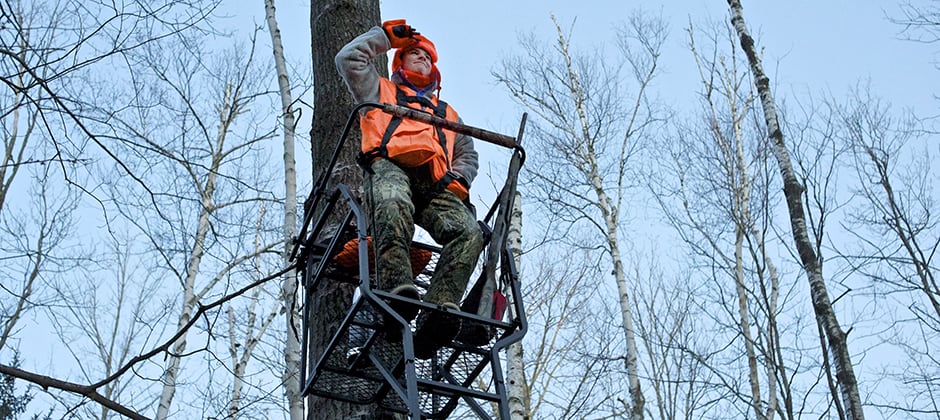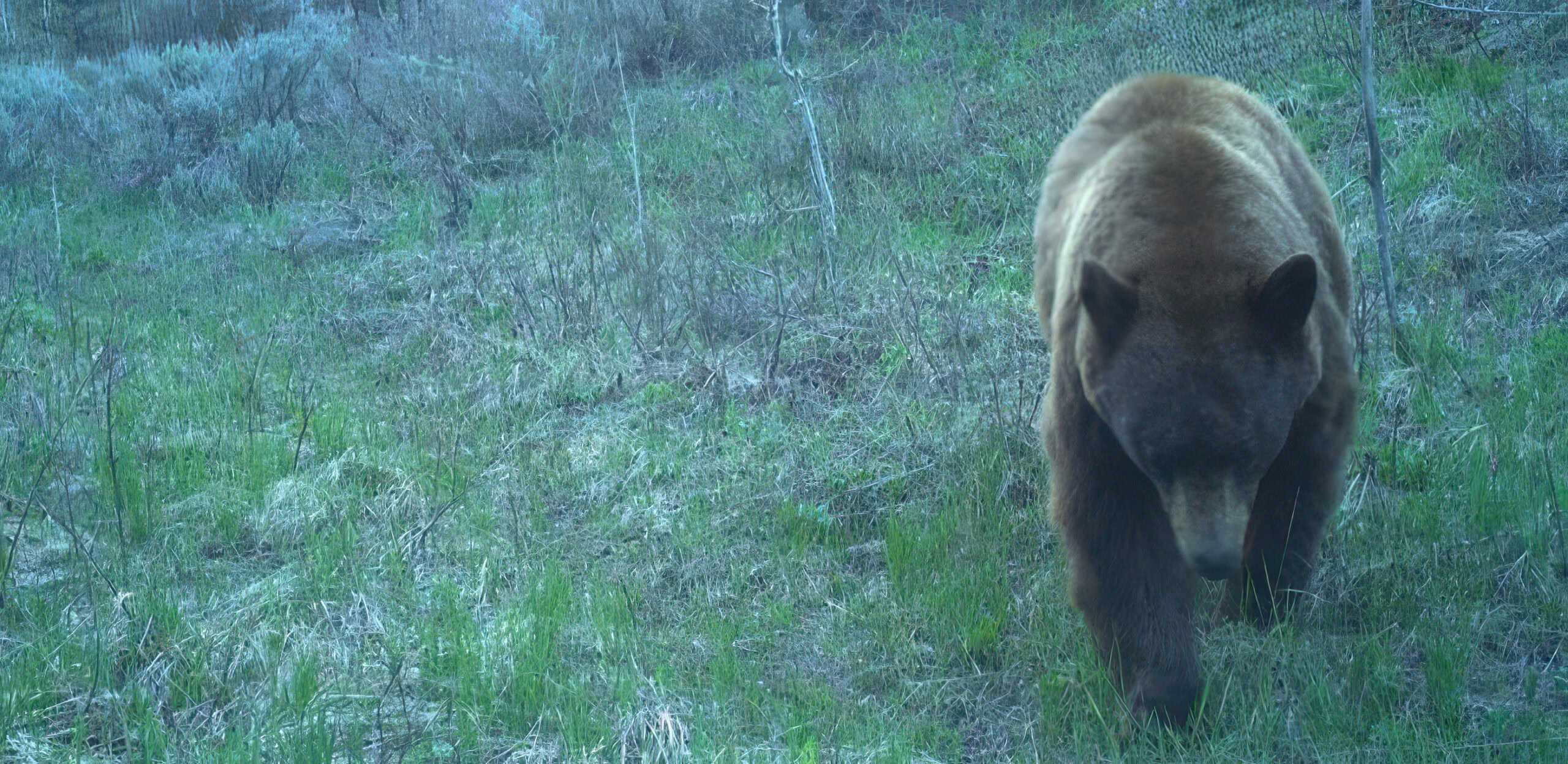Share this article
Hunting for new ways to fund conservation
Hunters and wildlife watchers have more in common than just a love of wildlife. Both groups appear to be open to a range of options to fund wildlife conservation. They differ somewhat on which they prefer, though, prompting researchers who surveyed wildlife enthusiast in Michigan to suggest policymakers consider a variety of funding mechanisms.
“There doesn’t seem to be a one-size-fits-all solution,” said Chris Henderson, who led the study published in Frontiers in Conservation Science as part of his PhD research at Michigan State University.
Researchers in Wisconsin asked a similar question. In a study published in the Wildlife Society Bulletin, researchers with the Wisconsin Department of Natural Resources and the West Virginia University conducted a mail survey of state residents. They voiced surprisingly strong support for a statewide tax, although attracting more hunters and anglers to boost funding was their top choice. Increasing license fees or imposing new fees to use state lands were less popular. The least popular alternative of all, though, was having the WDNR scale back operations.
“We suggest that gaining the support of rural hunters and anglers for any of the funding options will be imperative for the long-term sustainability of fish and wildlife conservation funding in Wisconsin,” the researchers wrote.
Conservation funding is a growing concern as the popularity of hunting declines in the U.S. Most state wildlife agencies rely on hunting license sales and federal Pittman-Robertson dollars from an excise tax on firearms, ammunition and archery equipment. Wisconsin, for instance, has seen budget shortfalls of several million dollars annually due to declining license sales, forcing the WDNR to reduce conservation activities.
“There are challenges associated with declining numbers of hunters and what that might mean for management and conservation at the state agency level,” Henderson said.
While Pittman-Robertson funds remain robust due to high firearms and ammunition sales, managers fear they may dwindle, too.
Using the Michigan Department of Natural Resource’s email database, Henderson and his team asked people who identified primarily as hunters and wildlife watchers to take part in a web survey on their values, their participation in conservation and their willingness to fund it.
In particular, they wanted to know how the respondents felt about four possible funding mechanisms—a state sales tax, state lottery proceeds, a tax on extractive industry revenue or a sales tax on outdoor gear—a so-called “backpack tax.”
Taxing industry was the most popular choice. The backpack tax was the least popular. Neither was a big surprise to researchers. “People tend to oppose new taxes that are going to present a burden to them,” Henderson said.
Using a state sales tax or lottery funds received mixed reviews.
Researchers found that hunters differed little from wildlife watchers when the researchers took into account other factors for participants, such as age, gender, participation in conservation efforts and wildlife value orientation—where they stood on a spectrum of beliefs toward wildlife from traditionalists who view wildlife primarily as a resource to be managed and mutualists who view wildlife as coexisting with humans as part of a social network one large family.
Those value orientations make a difference. Traditionalists tended to oppose sales taxes and taxes on industry. Mutualists were more likely to support all the funding options except the backpack tax.
“The type of policy matters, the audience matters and how the proposal is framed tends to matter as well in terms of achieving public support,” Henderson said.
That led his team to suggest a multi-tiered approach to conservation funding to mitigate what the authors called “the looming funding crisis for state wildlife agencies.”
“It’s really going to be a matter of finding solutions that are politically palatable, that you can get passed and maintain public support for,” Henderson said.
Header Image: A deer hunter sits in a stand in Nicolet National Forest in northern Wisconsin. The Wisconsin Department of Natural Resources has seen budget shortfalls of several million dollars annually due to declining hunting and fishing license sales. Credit: Elvis Kennedy








